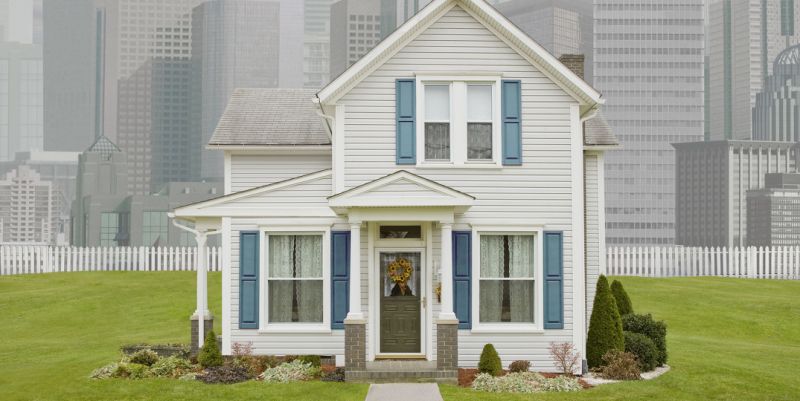Oregon has enacted a new law that requires cities with a population of over 10,000 people to allow duplexes in neighborhoods that had previously been zoned for single-family homes only, making it the first U.S. state to do so.

Single-family zoning means that only one home can be built on each lot, but the growing shortage of available and affordable housing prompted officials to change the rules, OregonLive reported.
Last week, Oregon Governor Kate Brown signed into law four bills that attempt to address those shortages.
“This session, we committed to significant investments that will help every Oregon family have a warm, safe, and dry place to call home,” Brown said in a statement. “No one single solution will address our housing crisis, and this legislation tackles the whole spectrum of issues, from homelessness to stable rental housing to increasing homeownership.”
In addition, Oregon recently passed legislation to restrict rent increases and prohibit no-cause evictions.
Oregon’s move follows similar initiatives by some cities in the U.S. Late in 2018, Minneapolis became the first major U.S. city to remove single-family zoning rules.
Housing affordability and housing shortages are problems nationwide, but moves to end single-family zoning aren’t always appreciated. In many cities, residents have complained that the move could lead to a change of character in their neighborhoods.
“I’m opposed to this bill because it can have negative effects on established neighborhoods without mandating affordability,” Stewart Wershow, a resident in Corvallis, Ore., and president of his neighborhood association, told OregonLive. He said his main concern is that denser housing in traditional single-family neighborhoods could ruin the area’s appeal and add traffic, noise, and strain on city services.